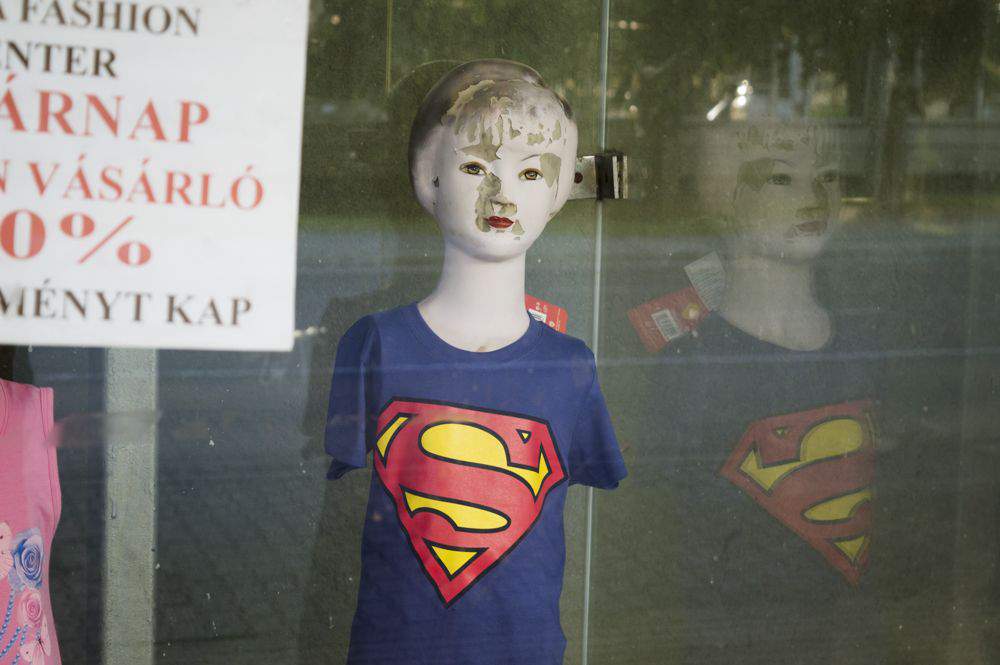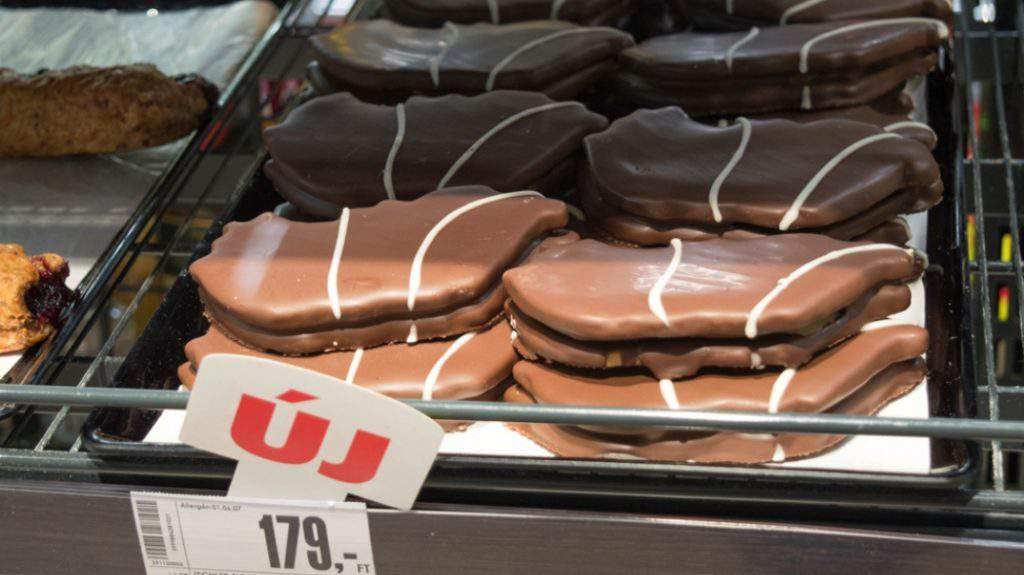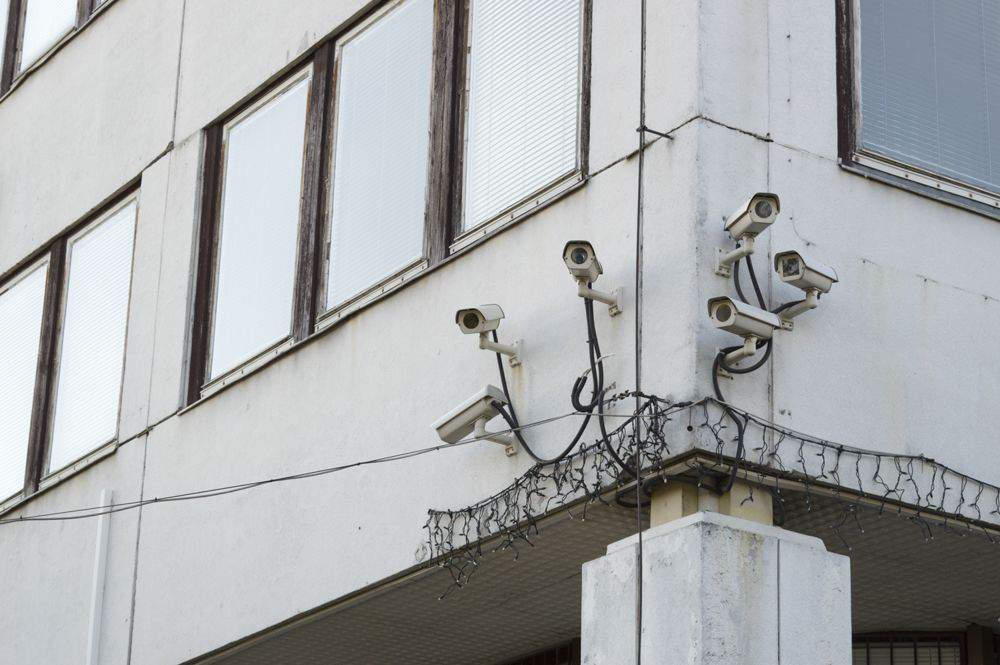Change language:
About this place that we call Hungary – with GALLERY

24.hu reported on the talented photographer, Dóra Gráf, who chose to introduce the small details of Hungarian everyday life through her works. Sometimes a fence made out of skis, a bucket turned into a holy-water basin, or a supermarket still life tells more about our country than any data or number.
Dóra Gráf got bitten by the travel bug and has visited more than a hundred towns and villages in the countryside over the course of the last few years. Luckily for us, the young artist documented her experience.

Looking for a new place
She did not start with the intention of an art project, Dóra was actually looking for a liveable new home, after she had realised that the noisy and hectic capital is not the right place for her.
“I did not understand how I had I ever been able to live in Budapest, but I thought I would find a better place somewhere in Hungary”
Dóra explained. So she started wandering around in the country and was soon impressed by the variety of small towns. It made her wonder:
what is this whole thing then, what we call Hungary?

As she was visiting place after place, Dóra found the elements that defined the identity of a place and started taking pictures. These images made up the material of her exhibition Mindenhol jó, de. (“It’s good everywhere, but…” The title plays on the Hungarian proverb: Mindenhol jó, de legjobb otthon, meaning it is good everywhere, but it is best at home, similar to Home, sweet home.)
Hungarian reality
The Hungarian reality is not always the most flattering, but it is part of our country and identity. Dóra’s photos are not really eventful; they rather capture the little details we would skip over otherwise. But it is exactly in these small details where we can find our essence. Such us these isler cakes shaped like Hungary or the most successful bucket which got promoted to the holy-water basin, and so on… Check out the gallery for more pictures!
A bit of creativity everywhere
Dóra said that she is impressed by people’s creativity, how “they always try to shape their surroundings according to their own taste, aiming at beauty”. She also made a point of visiting every place by bus or train. For one thing, she likes to use the public transport, and on the other hand, she felt it is a part of getting to know a place.

Her photos usually capture the ritual yet everyday settings of our lives.
Such as the train station, the pub, the shop, the park or the churches, which are always an important sight in the countryside.
Because these small elements tell so much more about a place than the famous sights, Dóra created alternative postcards from her photos – like the ones you can see in our featured image.
So far her exhibition was visible at the Ördögkatlan festival but she wishes to present it at Budapest as well. The idea of a moving-exhibition also occurred to her, which she would organise at train stations.

And to describe what these pictures are really about, let us quote from the introduction of the exhibition:
“When I meet you, people, I like to start with the “Where are you from?” question. My reaction to the answer is usually “I would like to see that” to which people regularly say something along the lines of “Why would you go there? There is nothing there”. With this exhibition, I am trying to go into the details of that nothing.”
Featured image: Alternative postcards by Dóra Gráf
Source: 24.hu


















